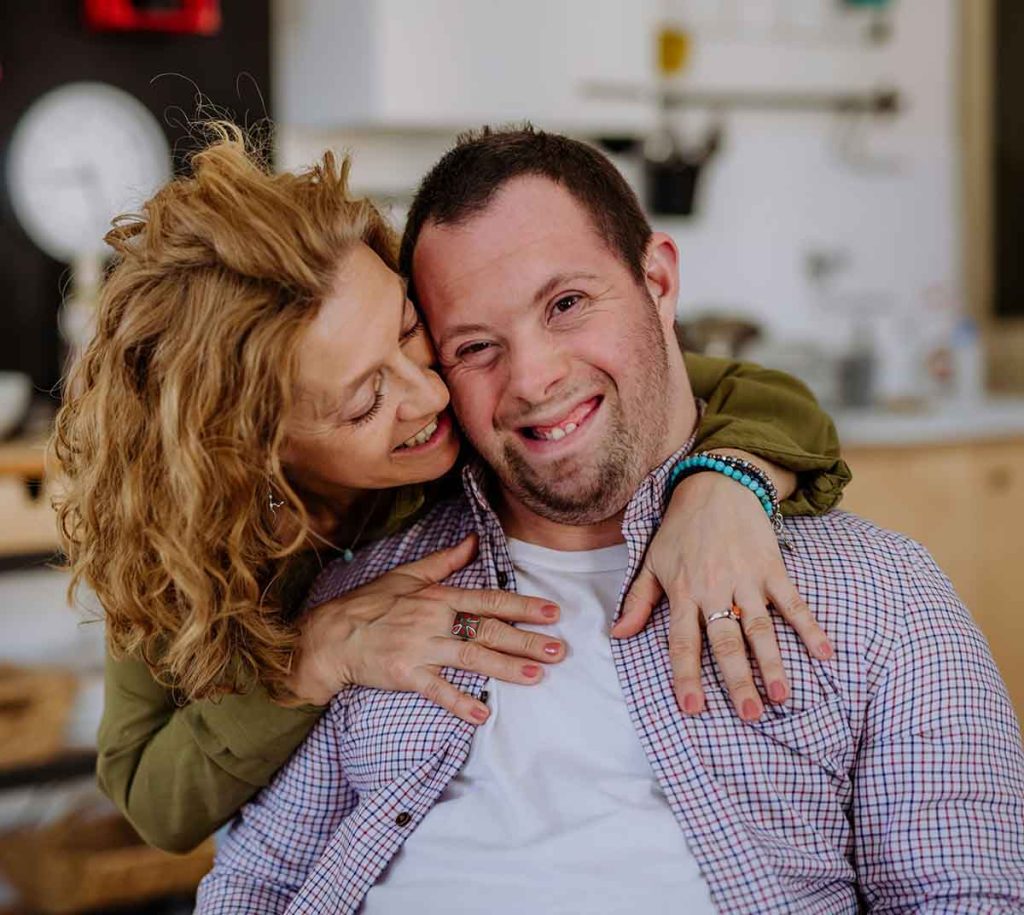We specialize in caring for patients with special needs, including those with physical, medical, developmental, cognitive, and sensory disabilities.
Finding appropriate dental care can be challenging for individuals with special needs and their caregivers. While many standard dental practices claim to accommodate all patients, special needs patients often require specialized care that goes beyond what traditional dentists can provide.

Specialized Training and Experience Matter
-Limited Special Needs Education in Standard Dental Training
Most general dentists receive minimal training specific to treating patients with special needs during dental school. This gap in education can result in:
- Unfamiliarity with how certain conditions affect oral health
- Lack of experience with behavioral management techniques
- Uncertainty about medication interactions and medical complications
- Inadequate preparation for handling unexpected reactions or situations
Our dentists at The Dental Anesthesia Center have extensive specialized training in treating patients with various conditions, including autism spectrum disorders, Down syndrome, cerebral palsy, Alzheimer’s disease, and other physical and cognitive disabilities.
Environmental Considerations Are Critical
-Standard Dental Offices May Pose Sensory Challenges
Traditional dental environments often include:
- Bright overhead lighting
- Loud drilling and suction noises
- Strong clinical smells
- Crowded waiting areas
- Unfamiliar and potentially frightening equipment
For patients with sensory processing disorders or anxiety disorders, these environmental factors can trigger overwhelming stress responses, making dental treatment nearly impossible.
Our practice features specially designed environments with:
- Adjustable lighting
- Noise-minimizing protocols
- Private treatment rooms
- Calming décor and amenities
- Familiar and consistent staff
Sedation Options Are Limited in Standard Practices
-The Critical Difference: Advanced Sedation Capabilities
Perhaps the most significant limitation of standard dental practices is their restricted ability to provide advanced sedation options. Most general dentists offer only:
- Nitrous oxide (laughing gas)
- Minimal oral sedation
For many special needs patients, these options are insufficient. Patients with severe anxiety, involuntary movements, sensory processing issues, or intellectual disabilities often require:
- Moderate to deep sedation
- General anesthesia
- Hospital-grade monitoring throughout procedures
At The Dental Anesthesia Center, our doctors are specially trained and certified in advanced sedation techniques, including IV sedation and general anesthesia. These techniques allow us to treat patients who would otherwise be unable to receive dental care safely.
Time and Scheduling Flexibility Are Essential
-Standard Practices Often Lack Necessary Accommodations
Traditional dental offices typically:
- Schedule standard 30-60 minute appointments
- Expect patients to follow conventional instructions
- Provide limited pre-appointment preparation
- May not allocate time for patients to become comfortable
Special needs patients often require:
- Extended appointment times
- Preliminary desensitization visits
- Specialized pre-appointment protocols
- Flexibility with appointment timing and duration
Our practice understands these requirements and structures our scheduling system to accommodate each patient’s unique needs, ensuring a less stressful and more successful experience.
Comprehensive Care Coordination Is Rare in Traditional Settings
-Medical Complexity Requires Integrated Approaches
Many special needs patients have complex medical histories that require:
- Coordination with multiple healthcare providers
- Careful medication management
- Consideration of comorbid conditions
- Adaptations to standard treatment protocols
Standard dental practices rarely have systems in place to manage this level of complexity. At The Dental Anesthesia Center, we:
- Work closely with primary care physicians and specialists
- Maintain comprehensive medical records and care plans
- Understand how various conditions impact dental treatment
- Modify approaches based on individual patient needs
Physical Accessibility Goes Beyond Basic Requirements
-Thorough Accessibility Considerations
While many standard practices meet minimum ADA requirements, they may not truly accommodate all physical needs, such as:
- Transfer assistance from wheelchairs to dental chairs
- Alternative positioning options for patients who cannot recline
- Space for caregivers to remain present during treatment
- Equipment that can be adjusted for various physical limitations
Our facility is designed with complete accessibility in mind, ensuring that physical limitations never become a barrier to receiving quality dental care.
Specialized Care Makes a Difference
- For patients with special needs, the difference between a standard dental practice and a specialized one like The Dental Anesthesia Center isn’t just about comfort—it’s about access to essential healthcare. Many special needs patients go without proper dental care because traditional practices cannot adequately accommodate their needs.
- At The Dental Anesthesia Center, we believe everyone deserves access to quality, comfortable dental care. Our specialized training, facility design, sedation options, and patient-centered approaches allow us to serve patients who might otherwise be overlooked by the standard dental care system.
If you or a loved one has special needs and has struggled with traditional dental care, we invite you to experience the difference specialized care can make. Contact The Dental Anesthesia Center today to learn more about our special needs dentistry services.
Call Us Today
The first two board-certified Dentist Anesthesiologists in the state of Missouri.
